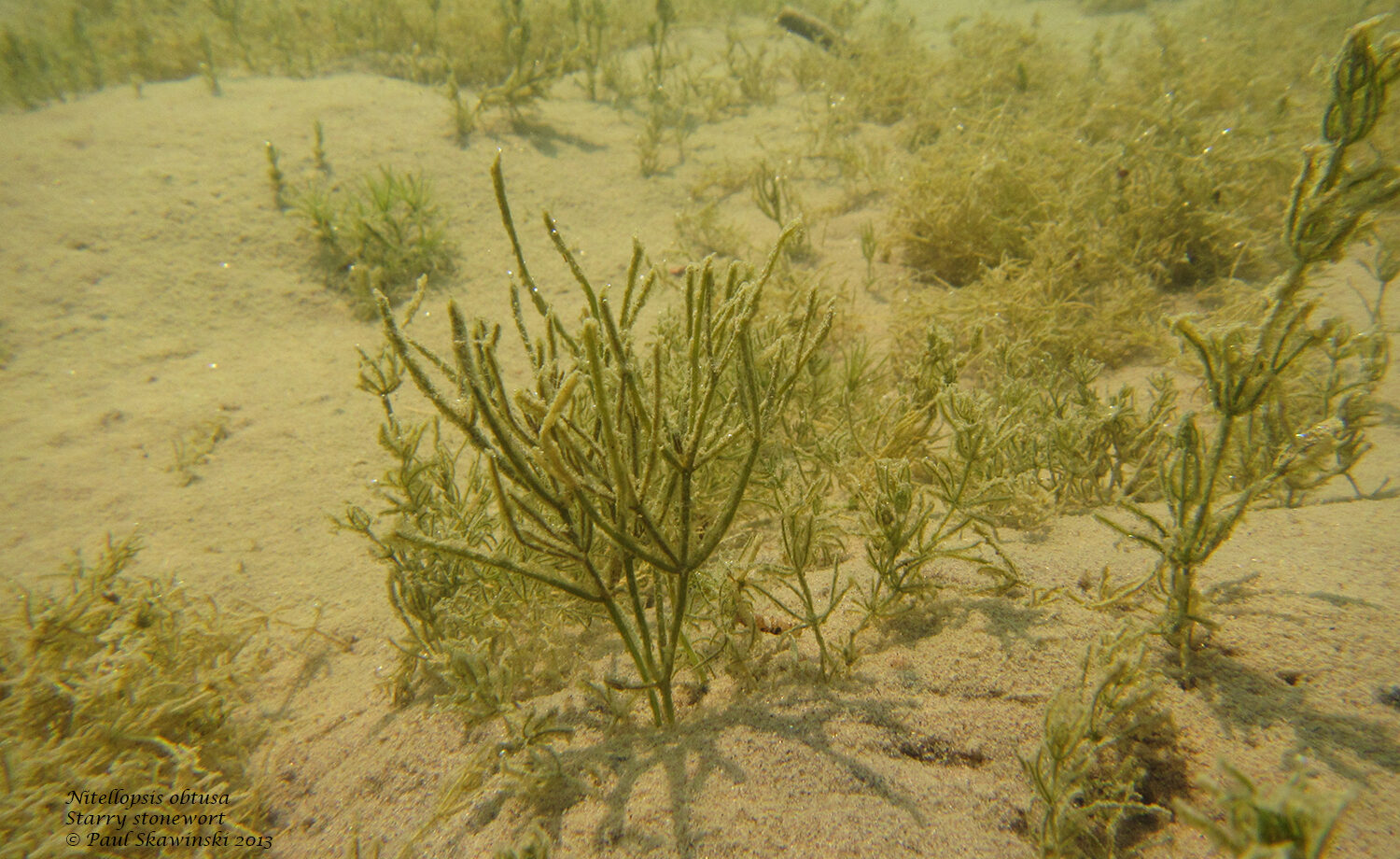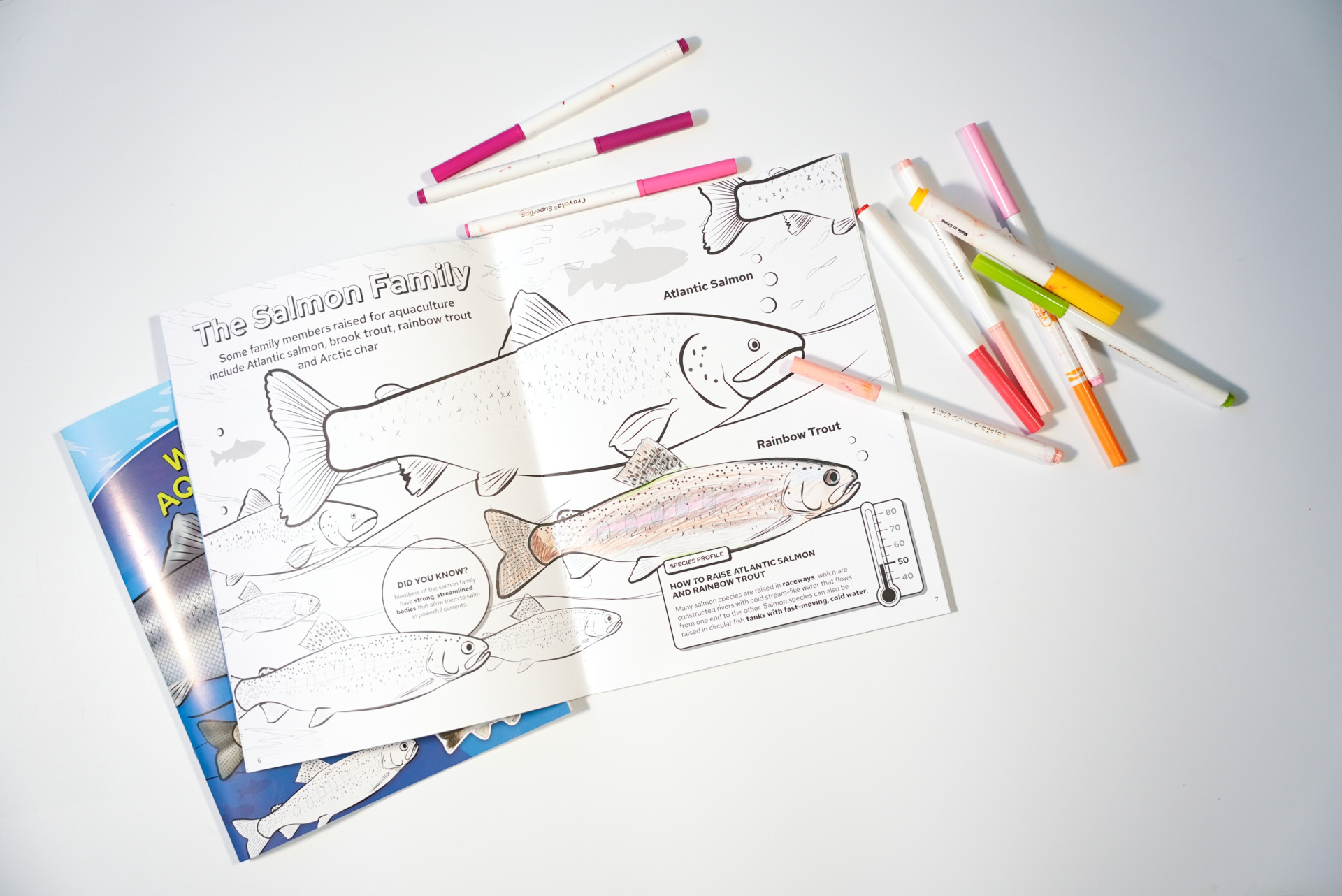She took a 17-year detour, but in the end, Vicky Harris simply couldn’t stay away from the University of Wisconsin Sea Grant.
It’s the organization that gave Harris one of her first jobs, and will now be the organization where she holds one of her last. After serving as UW Sea Grant’s water quality and habitat specialist for the last dozen years, Harris retires at the end of June.
She does so in the wake of a 37-year career devoted to protecting and restoring the environment in and around Green Bay. Those who worked with her—and given how many projects she helmed, we’re talking about a lot of people—knew her as a tireless dynamo, a coalition-builder who routinely had her firm hand steering multiple projects at once. Last year, the Nature Conservancy jointly honored Harris and her longtime collaborator, former UW Sea Grant sub-programmer, and husband Bud Harris with a Lifetime Achievement Award.
“Vicky is a part of that select group that works tirelessly and effectively to preserve and improve the environment in Wisconsin,” said Anders Andren, UW Sea Grant director. “She made it her personal and lifelong mission, and her tireless work ethic was a genuine inspiration to all of us.”
Harris has always loved the environment, and the waters of Lake Michigan. Harris remembers being a young girl, boating the stagnant and befouled waters of the Fox River with her family. While navigating the Fox River locks system, Harris’ mother had her children wear rubber gloves to keep them from touching the slime molds and bacteria coating the lock walls.
Still, Harris was an unlikely conservationist. She actually studied pre-med as an undergrad. In 1971, she transferred from UW-Madison, where riots and protests were rocking the campus, to UW-Green Bay. It was there that she took a job with John Pezetta, an oceanographer who was using UW Sea Grant funding to study sediments around nuclear and coal-fired power plants on Lake Michigan and Green Bay.
You could call it love at first sample.
“I was so enamored of working on lakes, and so interested in natural sciences,” recalled Harris. “That really turned my head.”
After spending a few years working as a student intern for the Brown County Planning Commission and the U.S. Fish and Wildlife Service, Harris became UW Sea Grant’s first Green Bay-based agent. Two of her earliest endeavors eventually became transformational: working with scientists and stakeholders to develop the first-ever ecosystem research and outreach strategy for Green Bay, and an ecosystem rehabilitation plan for the bay. Eight years later, she would use this experience to coordinate the Green Bay and Fox River Remedial Action Plan (RAP) for the Wisconsin Department of Natural Resources.
“We were the first of 43 RAPs in the Great Lakes to be approved by the International Joint Commission,” said Harris. “We created a series of technical and stakeholder committees, and we engaged a lot of people. That approach was lauded by IJC and the Green Bay RAP became a model for others that followed. The RAP was also a launching pad for the largest PCB cleanup in U.S. history. ”
Harris’s first stint with UW Sea Grant only lasted a brief two years; in early 1980, she left to take a job with the U.S. Fish and Wildlife Service in Minnesota. When the Reagan administration swept into office in the early 1980s, Harris, like a lot of federal employees, was swept out of a job. She eventually landed back in Green Bay, where she would spend the next 17 years working for the Department of Natural Resources. Then, in 1999, she returned to UW Sea Grant.
She brought back with her the careful process of public engagement she’d used to accomplish projects throughout her career, including a decade of assistance to the port of Green Bay on plans to restore Green Bay’s Cat Island Chain, a habitat project that makes beneficial use of dredged material. For the past four years she has co-chaired the Lake Michigan LaMP Forum, a group of stakeholders helping U.S. EPA promote lakewide restoration. She also chaired an outreach team to involve the public in a total maximum daily load project for the Fox River, a DNR plan to curtail phosphorous and suspended solids levels in the waters where she’d boated as a child.
“Even then, people knew phosphorus was a major pollutant for the river and bay,” said Harris.
More recently, Harris, working in conjunction with the Wisconsin Marina Association, has spearheaded Wisconsin’s Clean Marina program, a statewide effort designed to promote environmentally responsible boating and marina management practices. In the first year and a half, a whopping 28 marinas have joined the program and 11 were certified as Clean Marinas by adopting the program-required practices. As many as six more are expected to receive certification during her final week with Sea Grant.
Harris’s Sea Grant work gave her opportunities to travel the world, visiting countries like Sweden, China, Trinidad-Tobago, Peru and Ecuador, where she discovered that human activity, no matter where it occurs, creates the same types of environmental and water resource issues.
Those who expect Harris to simply disappear from Green Bay’s environmental scene probably haven’t been paying attention.
“I enjoy working with people who care about the future of our planet and our environment,” said Harris. “I don’t expect I’ll ever give it up.”





